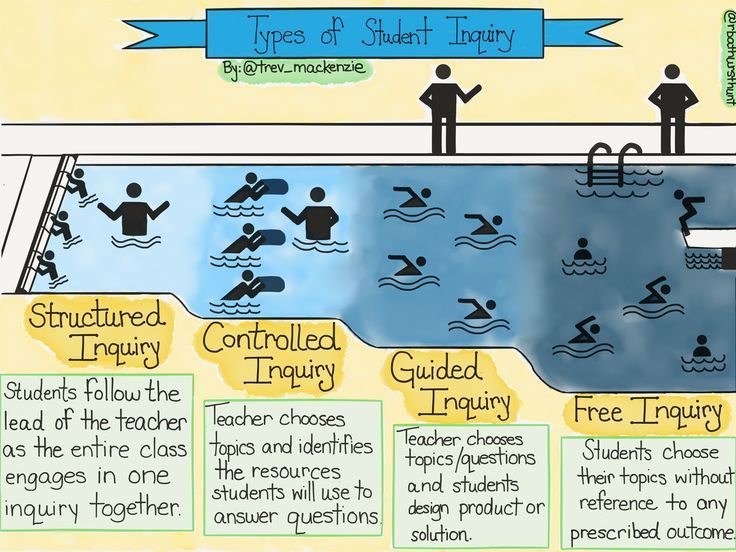e-Learning Ecologies MOOC’s Updates
Inquiry based learning
Inquiry learning
Inquiry learning is an investigation into a new topic or idea where the students are required to construct their own learning and meanings by doing research and asking questions. It is an approach to learning that emphasizes the student’s role in the learning process. Rather than the teacher telling students what they need to know, students are encouraged to explore the material, ask questions, and share ideas. What is great about the inquiry-based learning model is that it has connections to other styles of learning. Project-based learning, challenge-based learning and blended learning are all supported by the idea of exploring and sharing ideas. An example I recently used in my class was the designing of an affordable yet balanced meal plan. Students had to first investigate how the idea of the food pyramid has changed over time and try and develop an affordable, yet balanced, shopping list for a typical family of 4. They had to balance the cost of fresh produce with the nutrients that different foods provide. The different levels of prior knoweldge was facinating to observe as well as the socio-economic backgrounds of the different students.
The example represented in this video uses the classical Harry Potter film to demonstrate the impact of empowering students and making them take ownership of their learning
Not all inquiry based learning is the same. This also allows teachers who are starting out on this adventure to take it slow and build confidence in the porcess. As you develop, you can start to move towards free inquiry. The different kinds of inquiry-based learning
Confirmation Inquiry — You give students a question, its answer and the method of reaching this answer. Their goal is to build investigation and critical-thinking skills, learning how the specific method works.
Structured Inquiry — You give students an open question and an investigation method. They must use the method to craft an evidence-backed conclusion.
Guided Inquiry — You give students an open question. Typically in groups, they design investigation methods to reach a conclusion.
Open Inquiry — You give students time and support. They pose original questions that they investigate through their own methods, and eventually present their results to discuss and expand.
https://www.prodigygame.com/blog/inquiry-based-learning-definition-benefits-strategies/
https://wabisabilearning.com/blogs/inquiry/inquiry-based-learning-activities
https://www.teachthought.com/pedagogy/4-phases-inquiry-based-learning-guide-teachers/



I love inquiry based learning because it really make the students think and that usually means more meaninful learning will develop. The problem I often encountered was that a couple of students will often just ride the communal wave of participation and not do much effort, which was a thing that often worried me.